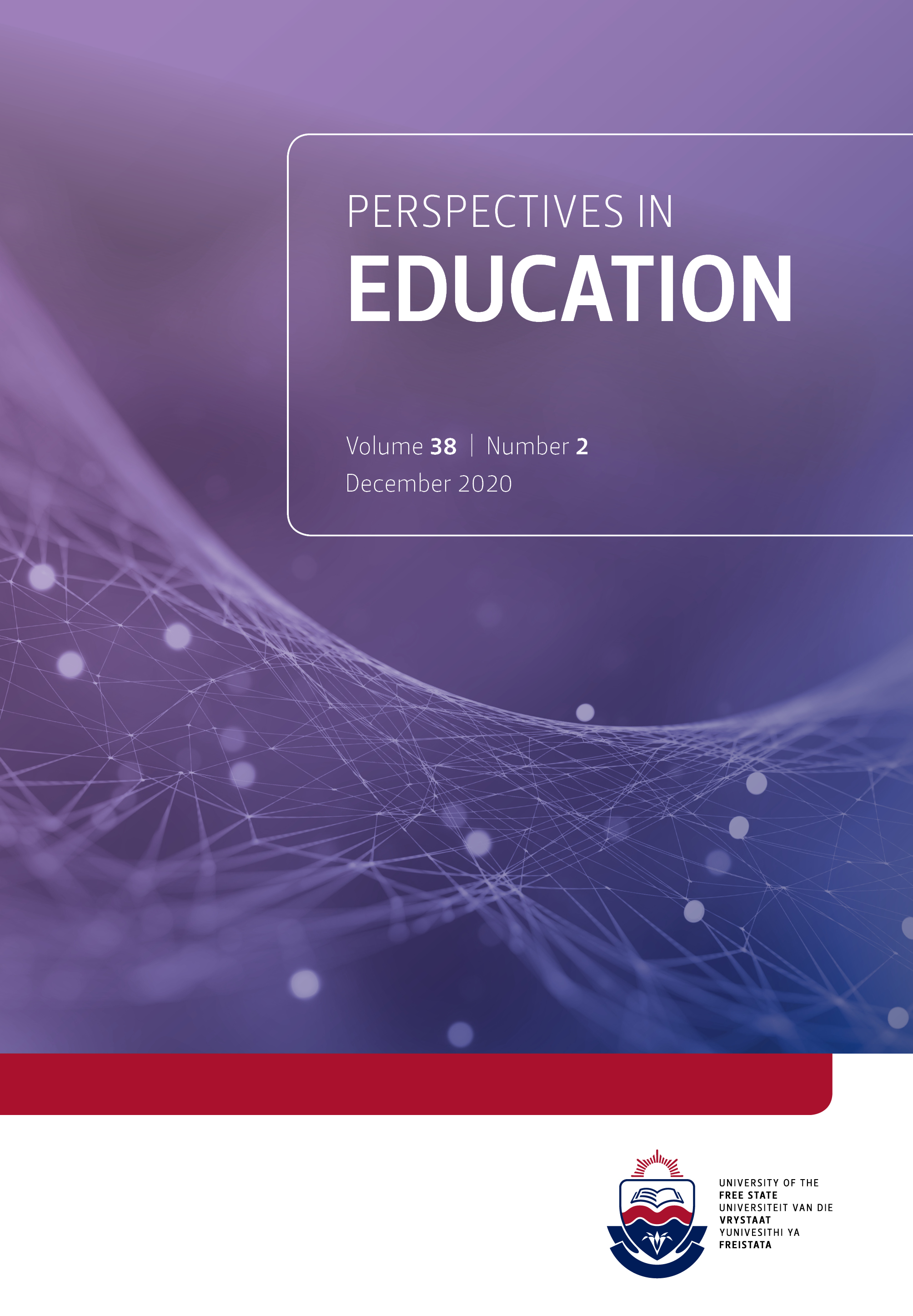Problem-based learning training and implementation: An analysis using semantics in Legitimation Code Theory
DOI:
https://doi.org/10.38140/pie.v38i2.4360Keywords:
Problem-based learning, Semantics, Legitimation Code Theory, Teaching in higher education, Academic staff developmentAbstract
This article focuses on Problem-based Learning (PBL) training within a Teaching Development Programme (TDP) and the subsequent application of PBL by candidates, as respondents in this study. An analysis of the training, which followed a medical model approach, is provided, as is the implementation of PBL within the various disciplinary contexts of the respondents. Legitimation Code Theory (LCT), specifically semantics, was applied as a conceptual tool in the analyses.
The data for the study was gathered through: face-to-face interviews with alumni of the TDP; document analysis and reflective journal entries of the researcher. The findings are explained in terms of strengthening and weakening of semantic density (SD) and semantic gravity (SG).
It was found that the adoption of the medical model for training academics, who came from various disciplines, might have resulted in over-contextualisation, which could have compromised the re-contextualisation of knowledge within the various disciplines. The findings also showed that respondents found it challenging to implement PBL in its pure form and needed to adapt the application of PBL to meet the unique requirements of their discipline. Therefore, it is important to consider the diverse nature of disciplines when implementing PBL.
Downloads
##submission.downloads##
Published
How to Cite
Issue
Section
License
Copyright (c) 2020 A/Professor S.L. Hassan

This work is licensed under a Creative Commons Attribution 4.0 International License.









